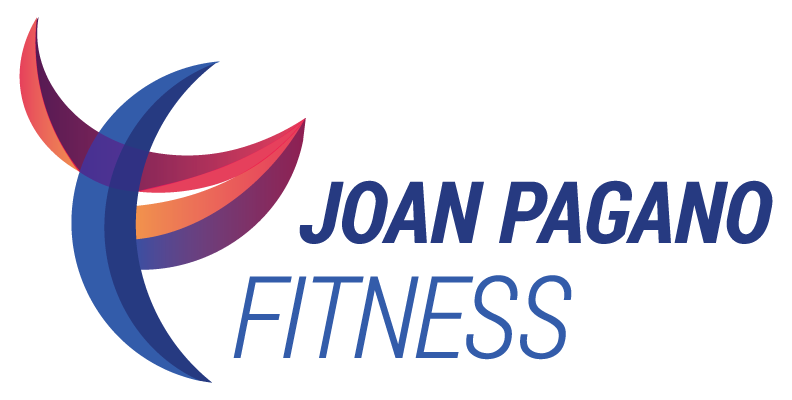Miracle-Gro for the Brain
Flex your mental muscle with exercise! Physical fitness provides powerful protection against dementia and Alzheimer’s. While it is true that your brain changes as you grow older, cognitive decline is not inevitable with age. Studies examining exercise and brain health have clearly established links among physical activity, cardiovascular fitness, weight training, mental function and brain plasticity. They have found that the dynamic nature of the brain is responsive to lifestyle, including whether and how you exercise.
Studies show that both aerobic exercise and strength training can beneficially change the structure of the brain and produce improvements in memory, while being inactive may lessen mental capacity. And here’s even more reason to get moving now: Those who are most fit at midlife have a substantially lower risk of developing dementia later in life than those who are not physically active.
The brain retains plasticity, or the capacity to be reshaped, throughout our lifetimes, i.e. it continues to be able to change physically, functionally and chemically as long as we live. The more "plastic" the brain becomes, the more it can reorganize itself, modifying the number and strength of connections between nerve cells and different brain areas. Plasticity in the brain is important for learning, memory and motor skill coordination.
Aerobic exercise jump-starts that process, cutting your lifetime risk of Alzheimer's in half and the risk of general dementia by 60 percent.
Even one 30-minute session of vigorous cardio activity has been shown improve the brain's plasticity. Exercise boosts blood flow to the brain, triggering the release of a chemical (brain-derived neurotrophic factor also known as "Miracle-Gro for the brain") that stimulates activity in the hippocampus, the area involved in memory, learning and the ability to plan and make decisions. It also repairs cell damage and strengthens synapses, which connect brain cells.
In general, older people require more of the brain's resources to complete the same tasks that young people do with less cognitive effort. These are high-level mental tasks that require attention, problem-solving, and decision making. However, the brain of an older person who is aerobically fit acts like a younger brain; much as a fit body is more efficient in performing the same physical task than one which is less fit.
As you pump up your muscles, you also pump up your brain volume.
Muscles, like brains, tend to shrink with age, affecting how you move. One study looked at how changes in gait with aging could indicate declines in brain health. It found that after a year of twice-weekly light weight-training sessions, the participants had less shrinkage of the brain and walked more quickly than those who only trained once a week or just did stretching and balance twice a week.
So how much exercise should you aim for to keep your brain sharp? Brisk walking for 20 or 25 minutes several times a week and light weight training twice a week have both been shown to be enough exercise to boost the brain.
